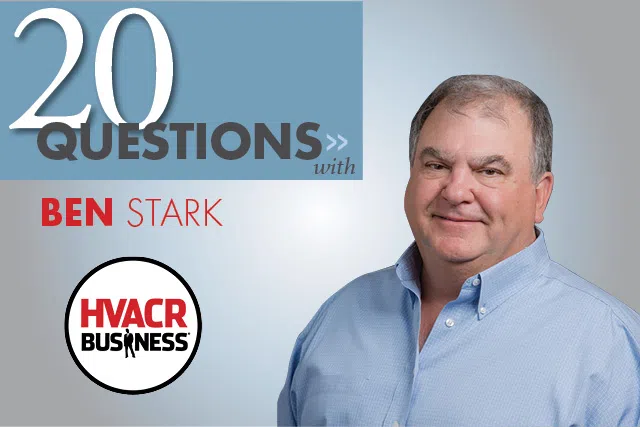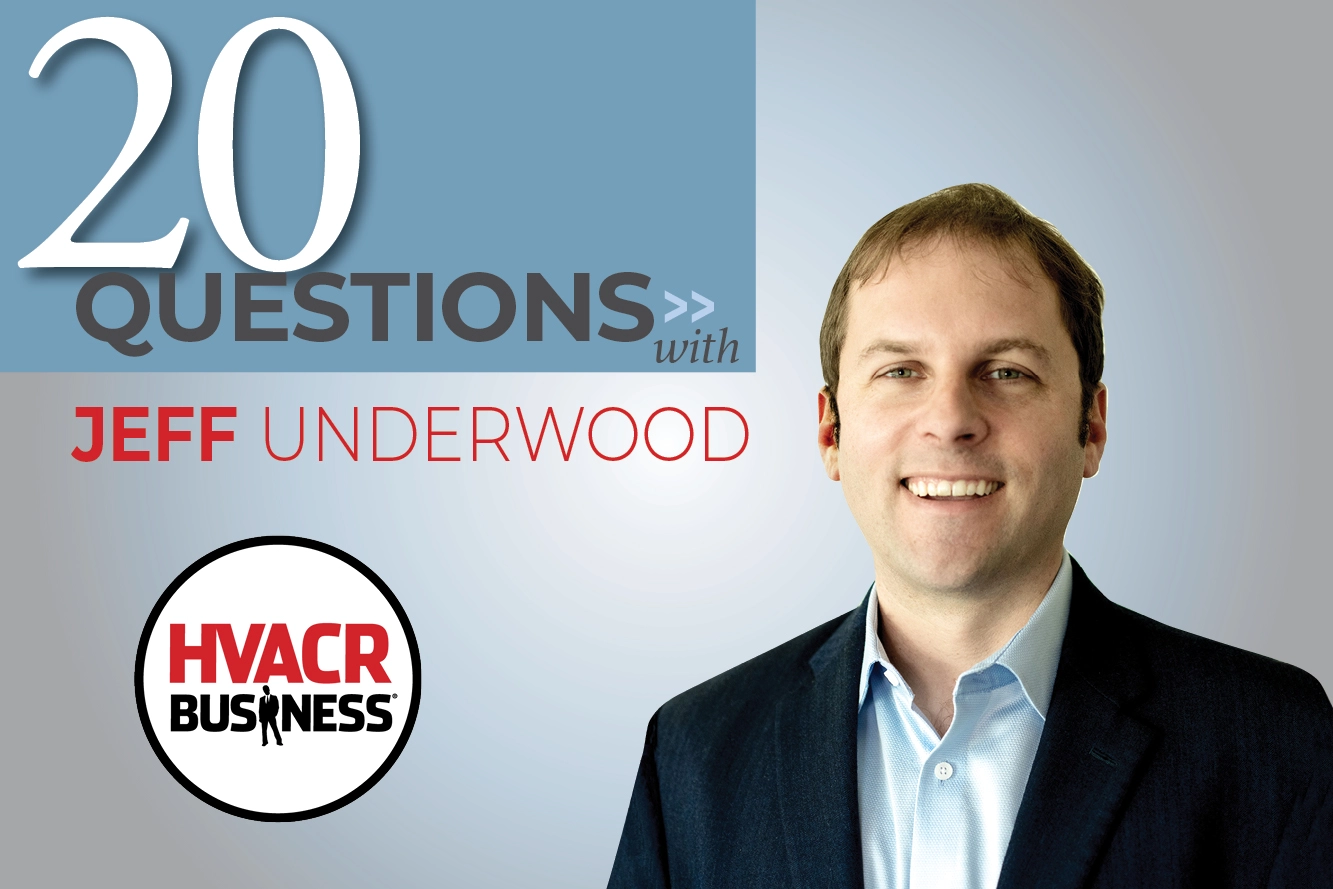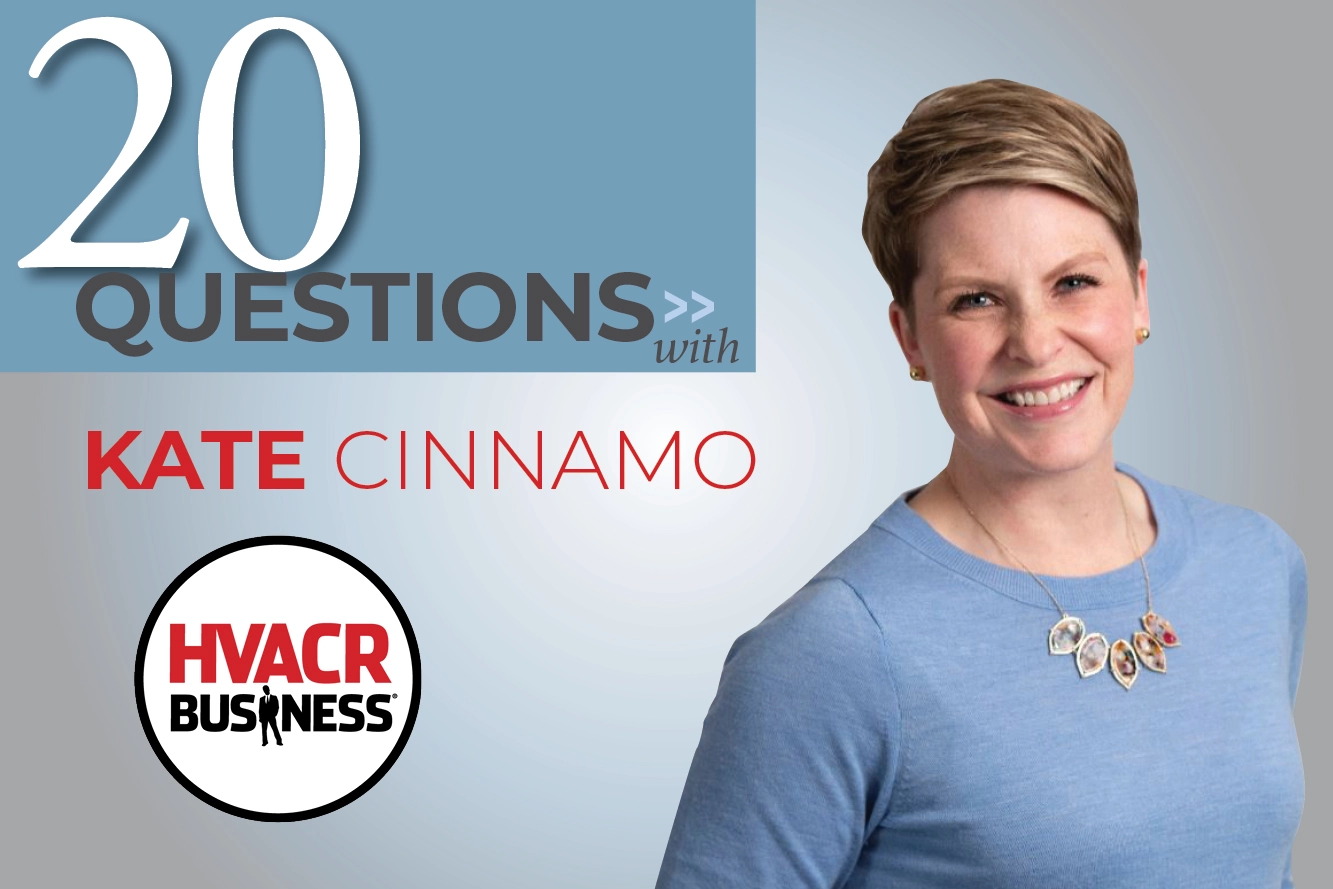We sat down with Ben Stark, CEO of Sunny Service in Hurst, Texas and managing partner of Go Time Success Group. Stark discussed learning to be a business owner, the importance of training and how to find answers to problems.
1. How did you get started?
I’ve been in the industry since 1979. I started as a do-all type of guy and worked in the field until 1986. That’s when I started my first business. By 1990, I was scratching my head if I should stay in the industry or not because it wasn’t very profitable.
2. How did you turn it around?
I invested in a couple of things that made the difference. First, I learned about the home performance industry. The second thing I did was join Service Nation Alliance, where I learned how to be a good businessman. Ever since then, my business has taken off.
3. What was it like in the beginning?
I struggled for about four or five years because marketing didn’t seem to be working. It was difficult to acquire employees at that stage because you’re so young and just kind of in the field. The biggest challenge is earning the trust and building the relationships that you need to build the company and figure out ways to be successful at what you’re doing.
4. How did you learn to be an owner?
The transformation of becoming a student of the industry, it was just so many different phases of it. It takes what seems like a long time in each phase, because you have the technical side and then you have the communication sales side. Then you have the business side and it just takes a long time to master each one of those levels.
5. When did you sell your first company?
I sold my first company in 1997 to a consolidator and worked for them for about three years, managing more than 100 people in the Dallas/Fort Worth area. After that, I broke away and started my second company, Stark Air. Through acquisitions and a lot of other factors, I grew rapidly until about 2012. We were quite profitable the last five or six years of business. I had an opportunity to sell again when private equity groups sought purchasing my company and we finally worked a deal out. I sold that company in 2012.
6. What did you do after that sale?
I’d been doing consulting work since 2005. I continued to do that through my non-compete after selling Stark Air. In 2017 I started my third company, Sunny Service, and I’ve been growing it since then and we’re pretty successful. It’s so much easier the third time around, I’ll tell you that much for sure.
7. Are acquisitions a big part of growth?
Over the years we’ve acquired about 13 companies and rolled them in and sold two or three. I saw two of the acquisitions that I purchased back off, ran them as satellites and then sold them and I sold the two big companies. Actually, we just pulled the trigger on selling our third company and we’ve worked our way through a deal with that in December.
8. What’s your role with Sunny Service?
I’m still employed by the company, but I’m more of a manager. I help guide other managers. We’ve built a really good team that has developed.
9. How did you learn to lead?
I’m an advocate of reading good books. One of the best books I ever read was “The E Myth.” It teaches you a business strategy rather than giving people answers. You’ve got to ask people questions and drag the answers out of them so it’s their idea, and it makes them much more inclined to use their own decisions rather than wait for direction. That’s how we develop managers here and we work on best practices.
10. What’s your training philosophy?
When I started Sunny Service, we built a lab and started a training center at the same time we started our business. Now that we’re three or four years into it, we’re actually bringing people in, training and developing them, so we’ve got a pretty good core of people. I couldn’t imagine what it’s like to have to just depend upon other people’s bad habits coming to work for me.
11. What’s your secret to recruiting?
You’ve got to be attuned to your surroundings. Many of the people we’ve hired were attracted to us because of what we do in our company. People see our guys coming in in nice clean trucks, uniforms, good attitude, talking positive about our company, and they want to come work for us. We’ve had people walk across the street, come over to our building and apply for a job. We put them through training classes and develop them.
12. How do you build company culture?
I think there are a lot of companies that develop bad habits. The only way you can build your company culture like you want it is to bring new blood into your company and teach them from the ground up and develop those people. That’s what our process is now.
13. What’s your company culture like?
We develop people who are smart and are prepared for life. We’re big into mentorship here too. If a guy takes somebody under his wings and helps them along and makes them become a better performer, we want to figure out a way to reward those guys in doing that as well.
14. What’s the biggest misconception about the current workforce?
A lot of people think the younger generation is simply a bunch of whiny babies who need to be patted on the back and everything’s due them. I don’t think that’s really the case at all. With our programs and training, they either decide this is not really the place to work or they start changing and becoming a vital part of what we do. You either change the people or the people change you.
15. Where do you see growth?
I see growth by taking technicians and getting them better at doing what they do. That is, rather than fix the problem, you have them diagnose the whole system. Then if there’s a major problem with the system, you teach them how to communicate and educate customers.
16. How’s your consulting business?
Right now, I’m primarily in the training industry with the Go Time Success Group, where I’m partners with Chris Hunter from Hunter Super Techs in Ardmore, Okla. We provide all types of training to contractors, both virtual reality and online training, as well as classroom training for technicians. I spend most of my time gathering information. We focus on teaching contractors how to be better business owners.
17. What do you find most rewarding?
Everywhere I go I learn something. I’ve been in the industry for a long time and I’ve been going to industry conventions for more than 30 years. Everywhere I go, I make it a point to learn. Along with learning, there’s that education factor where you’re giving back to the industry. When I was very young, I knew for me to be a good businessman I had to learn how to absorb, test and take action upon things, and the learning process is just that.
18. What is a struggle for contractors?
I’ve coached all over the world and it’s the same everywhere — knowing how to find answers to their problems. Many times, the answer they’re looking for is sitting on their shelf, so we teach them how to open up that book, identify the problem, find a process that solves that problem and apply it and find out several solutions.
19. What challenges do you see?
Many contractors get caught up in the day to day. In the book, “The E Myth,” it talks about there’s three different personalities in every company. There’s the technician, which is the guy out there producing. Then you have the managers, who are action takers that push decisions and take the detail and make sure people are getting better. Then there there’s the owner who’s the visionary.
20. What is the job of ‘visionary?’
If the owner is not working as a visionary in the company, most of the time the company doesn’t have focus. That visionary needs to work on acquiring good people, establishing best practices and marketing. The owner looks at the company from a 10,000-foot level.






